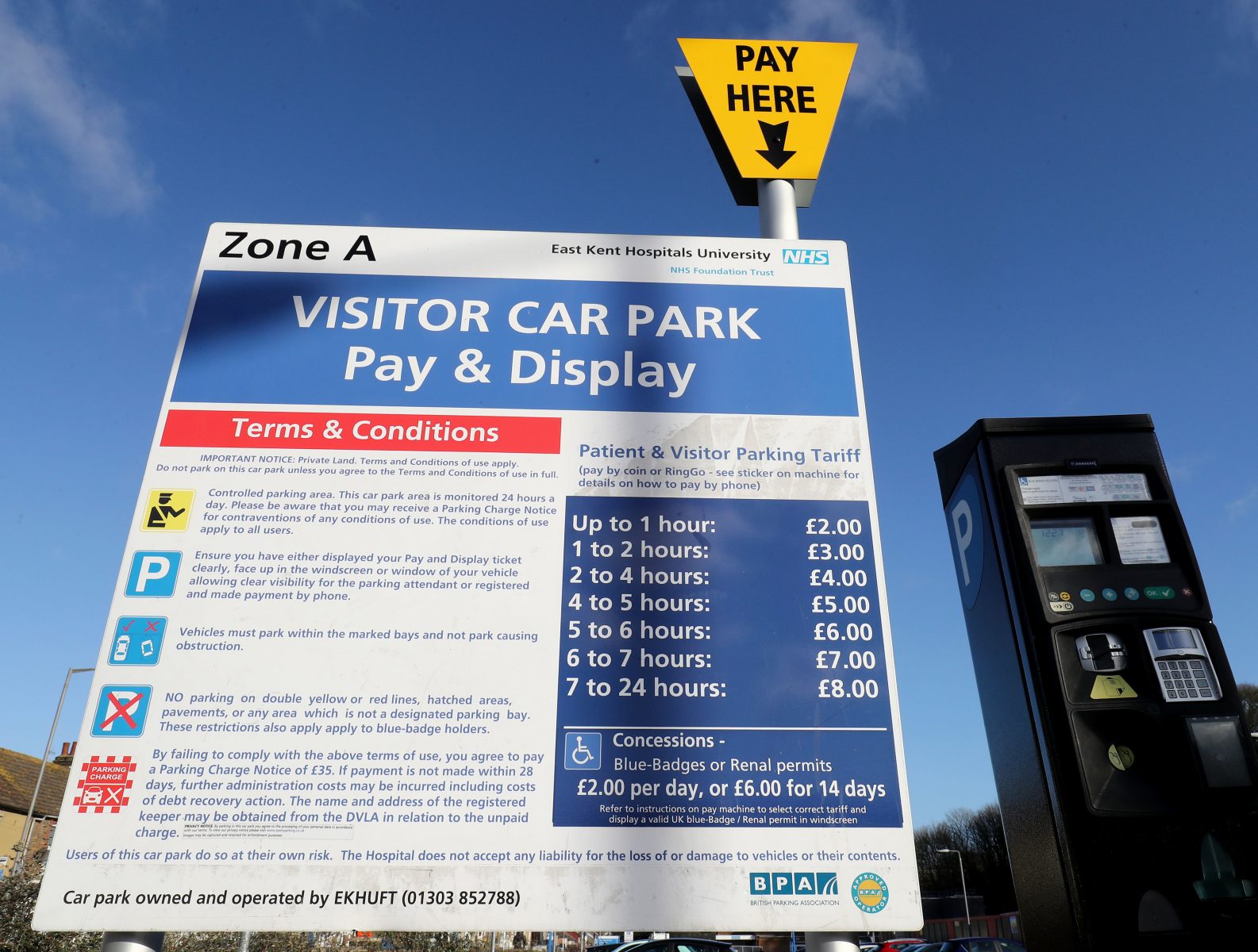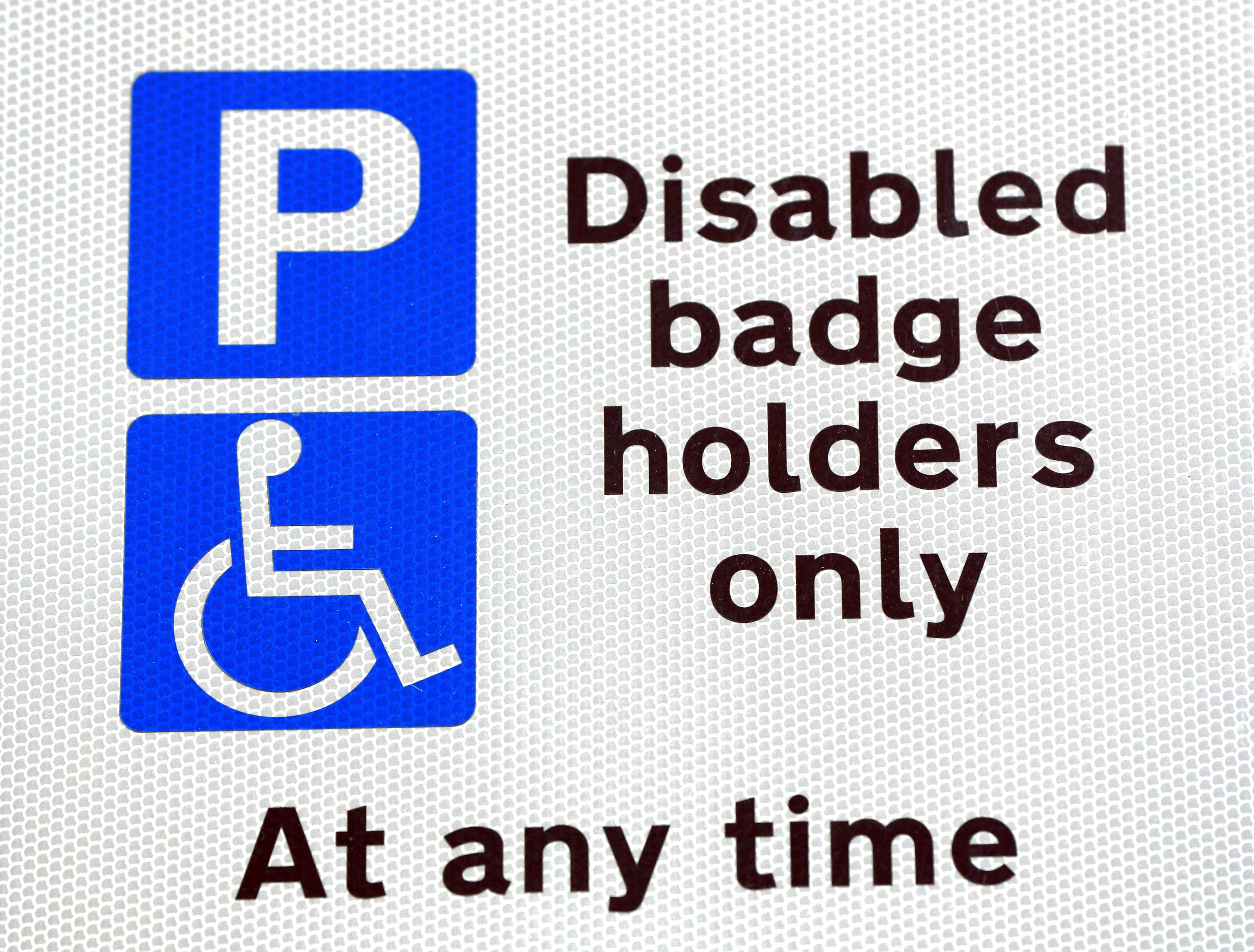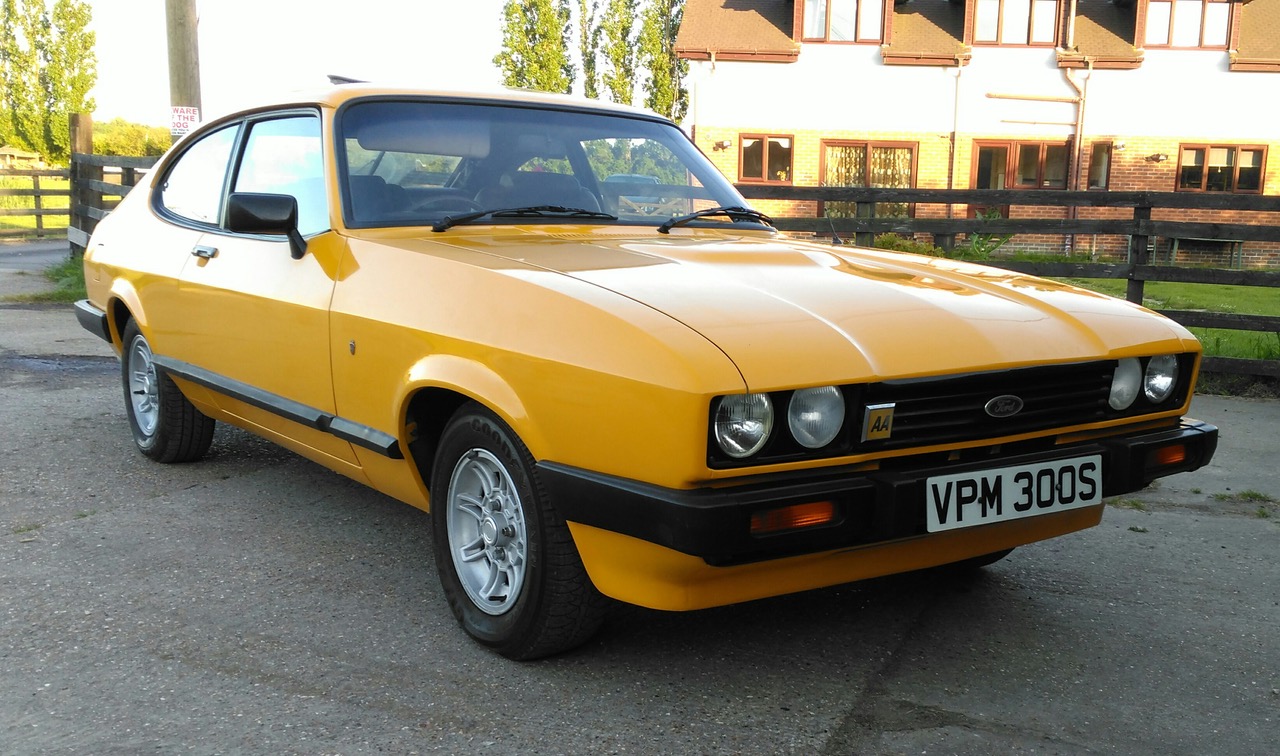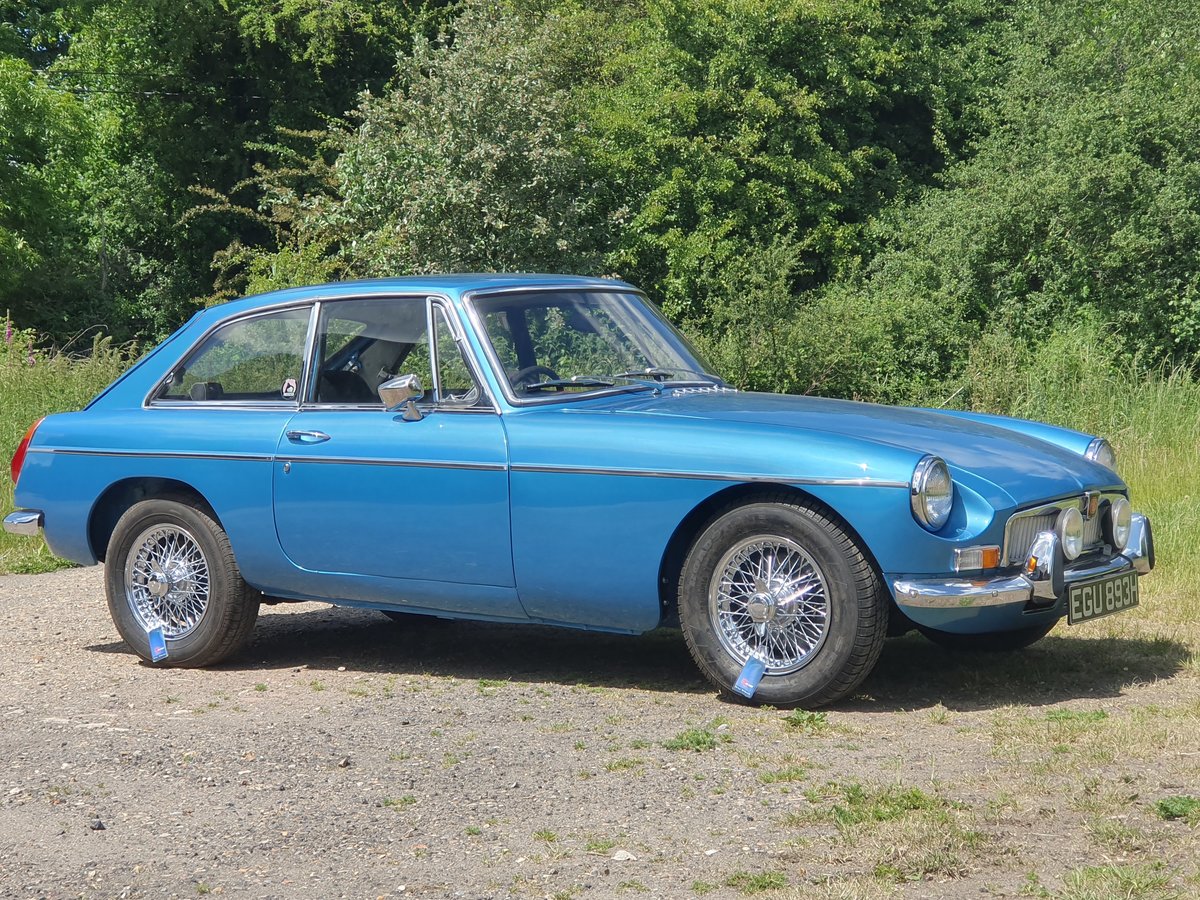Transport secretary Grant Shapps has marked the 50th anniversary of the blue badge law by pledging to make roads ‘accessible for all’, saying that the parking permits are a ‘lifeline’ to many people.
The badges have been used since 1971, following the introduction of the Chronically Sick and Disabled Persons Act on May 29, 1970. It stated that local authorities should create badges for disabled people to display in their cars.
The eligibility criteria was expanded in 1975 to include blind people, and in 2007, children who needed to travel with bulky medical equipment could also apply for a badge. Last year, the eligibility criteria was expanded again to include non-visible disabilities.

The benefits of a blue badge vary by area, but usually enable holders to park in pay-and-display bays for free and for up to three hours on single and double yellow lines. In London, holders are exempt from the Congestion Charge.
Mr Shapps said: “The blue badge scheme is a lifeline for so many disabled people. It makes transport easier to access for those who really need it.
“Having extended the blue badge scheme for hidden disabilities last year, I am determined that this Government will do even more to ensure the UK’s roads are safe and accessible for all.”
Accessibility minister Chris Heaton-Harris added: “A lot has been achieved in the last 50 years to help disabled people, but we must continue to do more.
“This scheme, along with our inclusive transport strategy, is at the heart of this Government’s transport agenda.”

















